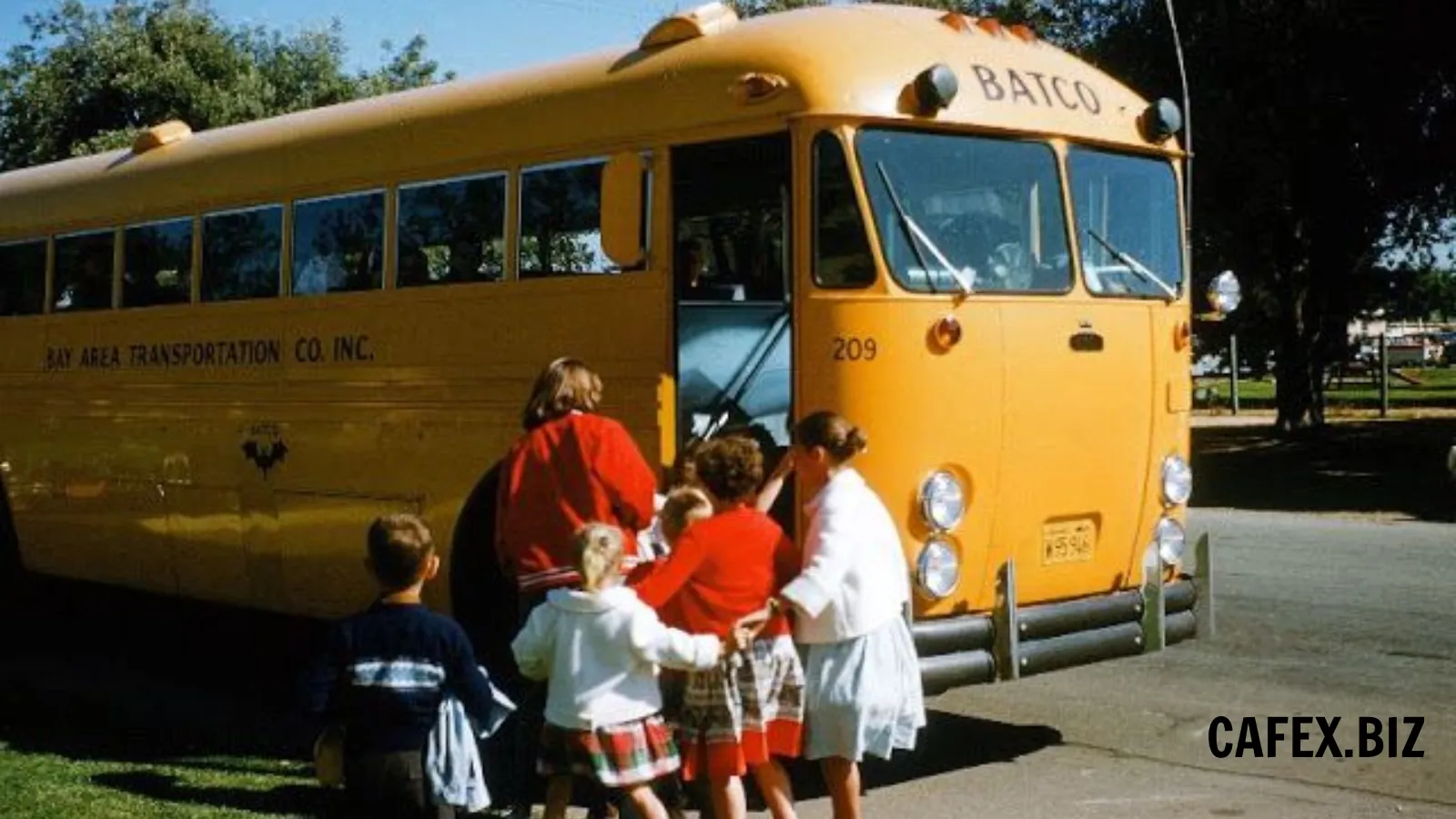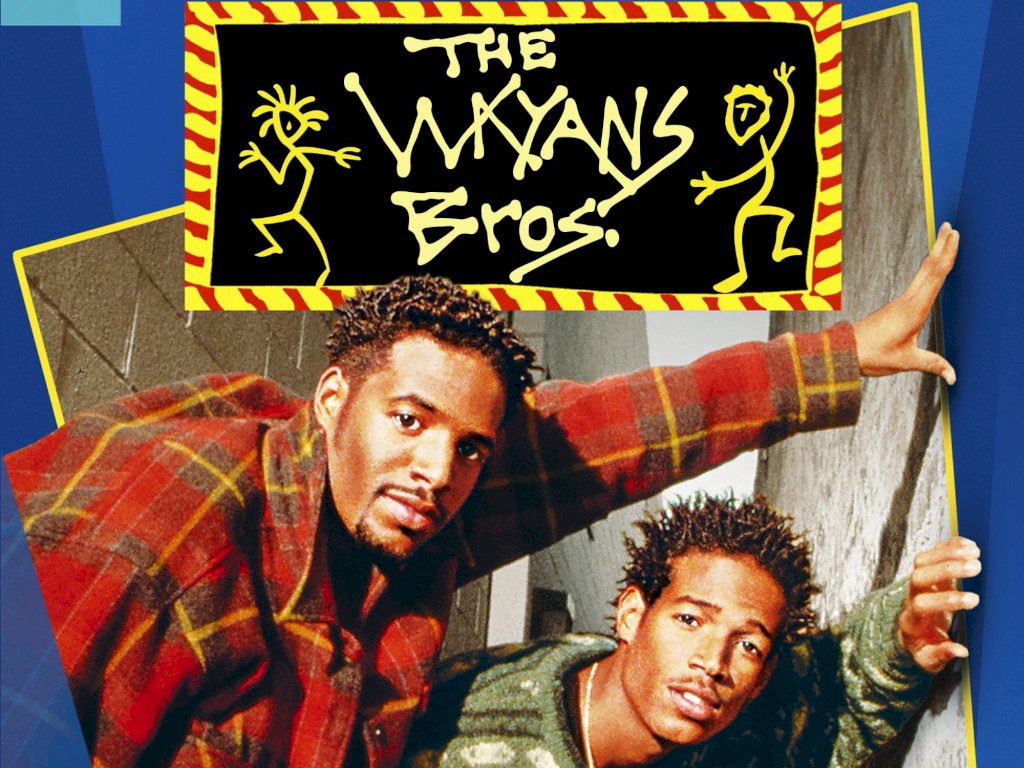In the annals of 1980s and 1990s television, few sitcoms captured the essence of family, friendship, and humor quite like "Family Matters." Premiering in 1989 as a spinoff of "Perfect Strangers," this endearing show quickly established its own identity and became a beloved staple of the era. With its relatable characters, unforgettable catchphrases, and the iconic Urkel, "Family Matters" left an indelible mark on television history. In this article, we'll journey into the world of the Winslow family and explore why "Family Matters" remains a cherished classic.

The Winslow Family: Relatability and Love

At the heart of "Family Matters" was the Winslow family – a middle-class African American household living in Chicago. The show centered around Carl Winslow, a kind-hearted police officer played by Reginald VelJohnson, his wife Harriette Winslow, portrayed by Jo Marie Payton (and later Judyann Elder), and their three children, Eddie, Laura, and Judy. From the very first episode, viewers were drawn into the relatable challenges and triumphs of this everyday family.
One of the remarkable aspects of the show was its ability to depict the ups and downs of family life while maintaining a sense of warmth and unity. The Winslows faced issues ranging from sibling rivalries to teenage rebellion, and the show didn't shy away from tackling difficult topics such as racism, peer pressure, and financial struggles. Through it all, the Winslow family demonstrated the power of love, understanding, and unwavering support for one another.
Enter Urkel: The Unforgettable Neighbor

While the Winslow family formed the emotional core of the show, "Family Matters" would not be complete without the iconic character of Steve Urkel, portrayed by Jaleel White. Originally intended to be a one-shot character, Urkel's lovable quirkiness and catchphrases like "Did I do that?" quickly propelled him to becoming a series regular and a pop culture phenomenon.
Urkel's neighborly infatuation with Laura Winslow added an endearing layer to the show's dynamics, while his scientific experiments and inventions often led to hilarious mishaps that kept audiences in stitches. Beyond the humor, Urkel also tackled important social themes, such as bullying and self-acceptance. Despite his clumsy exterior, Urkel taught viewers about the value of embracing one's uniqueness and standing up against adversity.
Addressing Social Issues: The Winslow Way

"Family Matters" was not content with just delivering laughs; it also used its platform to address pressing social issues of the time. One particularly impactful episode, titled "Good Cop, Bad Cop," explored the topic of racial profiling when Carl is pulled over by a fellow officer due to his race. The episode's candid portrayal of racial tensions and police bias demonstrated the show's commitment to fostering discussions about real-world problems.
Similarly, the show's "The Gun" episode confronted the dangers of firearms and the potential consequences of gun ownership. By weaving these discussions into the fabric of the show, "Family Matters" provided a platform for families to engage in dialogues about issues that directly affected their lives.
Legacy and Cultural Impact

"Family Matters" left an enduring legacy that extended beyond its years on the air. The character of Steve Urkel, with his thick glasses, suspenders, and nasal voice, became an instantly recognizable icon. Urkel's catchphrases, comedic antics, and memorable moments became staples of '90s pop culture and are still referenced and parodied today.
Moreover, the show's portrayal of an African American family in a relatable and positive light was groundbreaking. "Family Matters" stood alongside other popular sitcoms like "The Cosby Show" in challenging stereotypes and showcasing diverse perspectives on television. The Winslow family was not just a representation of African American culture, but also a testament to the universality of family values and relationships.
Continuing Relevance and Lasting Lessons

Nearly two decades after its final episode aired, "Family Matters" continues to resonate with new generations of viewers. Its themes of family unity, embracing individuality, and addressing societal challenges remain as relevant as ever. The show's exploration of race relations and social issues, though rooted in the 1990s, still offer valuable insights into today's conversations about equality and justice.
One of the show's most iconic episodes, "Don't Make Me Over," dealt with the sensitive issue of body image and self-esteem. In the episode, Harriette struggles with her own self-perception, reflecting a concern that remains pertinent in an era of body positivity movements and increased awareness of mental health.

The character of Steve Urkel, often remembered for his humorous blunders, also carried a deeper message about embracing diversity and breaking down stereotypes. Urkel's character challenged conventional notions of masculinity and highlighted the importance of empathy and understanding, qualities that continue to be championed in today's evolving social landscape.
The Winslow Family: A Blueprint for TV Families
The Winslow family set a precedent for TV families by portraying complex relationships with authenticity. The sibling dynamics between Eddie and Laura showcased the challenges and support inherent in sibling relationships. Laura's role as a strong, independent young woman was a departure from traditional female roles on television, setting a precedent for future characters in the same vein.
Carl Winslow's role as a loving father, devoted husband, and dedicated police officer depicted a multifaceted African American man, challenging stereotypes and offering a well-rounded representation. Harriette Winslow's balancing act as a working mother underscored the real-life juggling that many families undertake.
Cultural Phenomenon and Nostalgia

"Family Matters" was not just a TV show; it was a cultural phenomenon that left an indelible mark on the '90s. The iconic opening theme song, featuring the memorable line "It's a rare condition, this day and age, to read any good news on the newspaper page," became synonymous with the show's warm and relatable essence.
The show's impact extended beyond the small screen, permeating various forms of media. Steve Urkel's distinct voice, catchphrases, and even his signature snorting laugh became part of the collective memory of a generation. Urkel's transformation chamber and time-traveling escapades, though fantastical, tapped into the universal desire for self-improvement and the intrigue of the unknown.
Conclusion: A Timeless Legacy

"Family Matters" remains more than just a TV show; it's a cultural touchstone that transcends generations. With its endearing characters, relatable family dynamics, and willingness to tackle important social issues, the show left an enduring legacy that continues to resonate. Through laughter, tears, and thought-provoking moments, "Family Matters" showed us the importance of family, the value of acceptance, and the power of a sitcom to make us both think and feel. As we journey through the ever-changing landscape of television, "Family Matters" stands as a testament to the enduring magic of heartfelt storytelling and the bonds that tie us all together.



